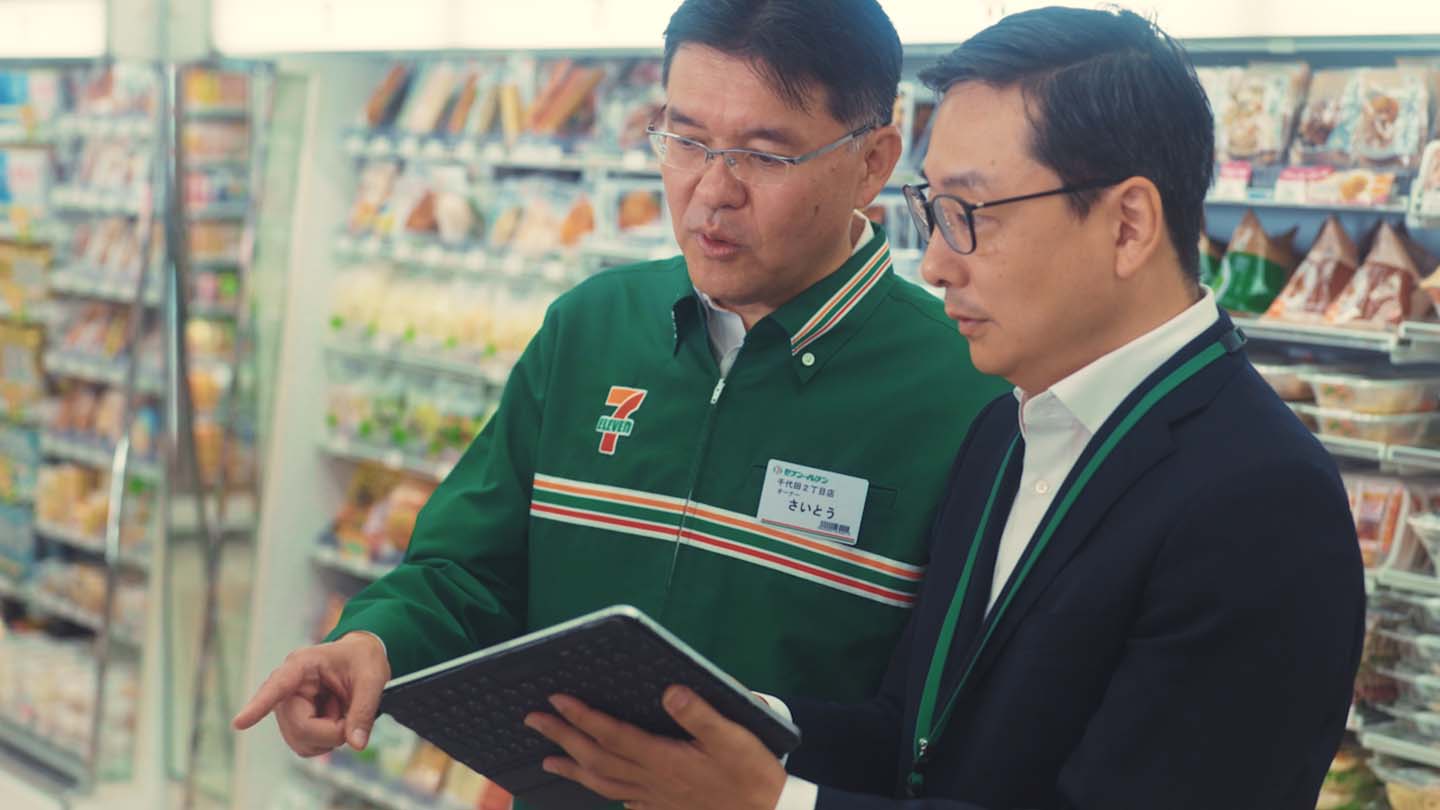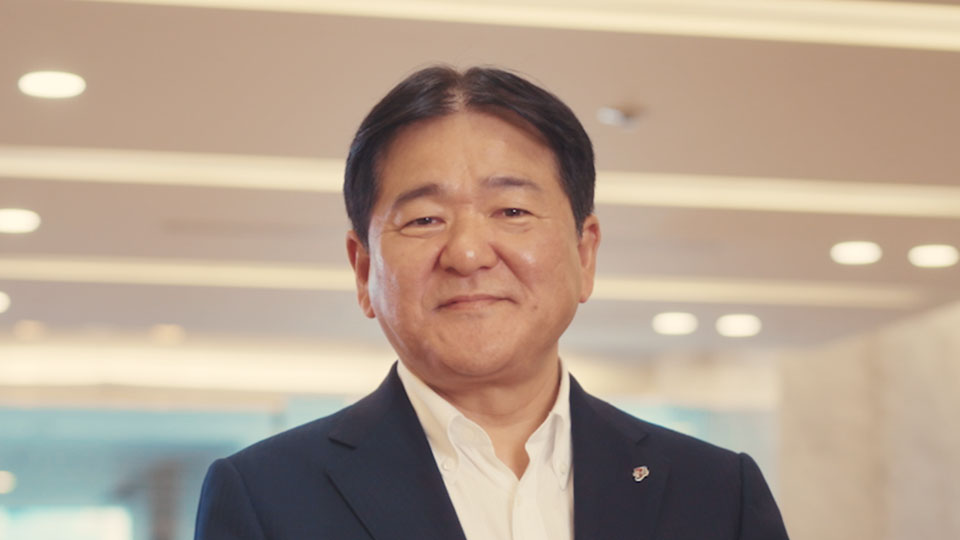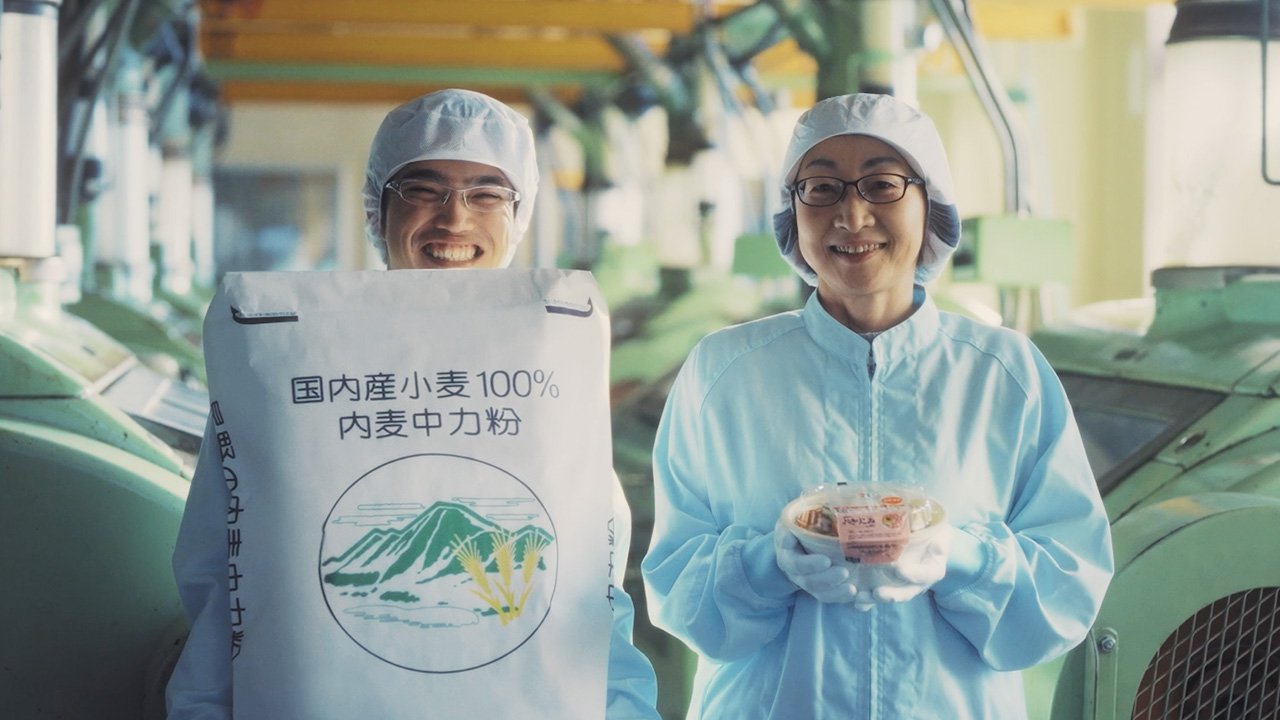Table of contents
- The core principle of store development is to always put the customer’s perspective first
- A unique business model where Operation Field Counselors (OFCs) support franchisees from initial setup through medium- to long-term growth
- Aiming to optimize human resource strategies through digital transformation (DX)
The core principle of store development is to always put the customer’s perspective first
“One of Seven-Eleven Japan’s key strengths is our ‘field strength’ capability. Franchise stores are centered around owners who know their local areas well, forming the foundation of our store operations. By combining this with our unique support system, we stay closely aligned with customer needs,” said Masuo emphatically.
However, there are quite a few cases where the customer perspective is overlooked, and store convenience is unintentionally prioritized. Therefore, SEJ is committed to “creating stores from the customer’s perspective” to accurately meet customer needs.
Daily store operations are guided by the “Basic Four Principles”: (1) ensuring that customers can purchase what they want when they want it, (2) maintaining cleanliness inside and outside the store as well as with equipment, (3) keeping products fresh, and (4) providing heartfelt customer service. By thoroughly implementing these principles in every store, we aim to consistently meet customer needs and create an environment that customers want to revisit.

A unique business model where OFCs support franchisees from initial setup through medium- to long-term growth
In franchise businesses, it is common to stimulate business growth by providing operational capabilities and store management guidance to owners through supervisors. However, at SEJ, Operation Field Counselors (OFCs) directly engage with franchise stores as the frontline representatives of headquarters, serving as a bridge between headquarters and the stores, and working closely with each franchisee to co-manage store operations. OFCs are not supervisors or managers; they provide actionable insights, analyze data such as sales and transaction volume, and offer tailored advice on product selection, merchandising, and store layout suited to each market area—allowing owners to focus on day-to-day operations with confidence.
“As the name ‘counselor’ suggests, OFCs sincerely engage with owners’ management challenges as well as their broader dreams and life plans. They set shared action plans and work on store development not only from a short-term perspective, but also with a medium- to long-term view,” Masuo says with quiet sincerity.
In addition to the owners and OFCs, each of the three parties, including employees, has clear roles, working together as one cohesive team. At the center of this team is the owner, who has deep knowledge of the local area. OFCs provide the owner with feedback on how the store appears from a customer’s perspective, helping to ensure constant, balanced, and effective store management. Employees, who are often on the front lines of customer service, put the “Basic Four Principles” into practice and regularly share insights and feedback from customer interactions with the owner.
Creating a comfortable working environment for everyone involved in store operations is also crucial. We focus on two-way communication between headquarters and owners, and between owners and employees. High employee motivation is essential for providing customer-friendly service. Therefore, we offer unique digital transformation (DX) tools that allow owners to check employee performance and express gratitude, even when not physically present. These daily efforts enable smooth coordination within the store, leading to greater customer satisfaction.

Aiming to optimize human resource strategies through digital transformation (DX)
In the Japanese market, while the labor population is trending downward, labor costs are rising. SEJ focuses human resources on tasks that only people can do, or tasks that gain the most value when performed by people, such as customer communication, while leveraging digital technology to improve efficiency in other areas.
“One example of DX is ‘AI ordering,’ where AI predicts the sales of non-daily products. By reducing stock-out rates and ordering time compared to the past, owners and employees can devote more time to creative work, such as creating attractive sales areas,” emphasizes Masuo.
Customer needs vary in urban and rural areas, and between business districts and residential neighborhoods. Therefore, instead of a uniform, nationwide approach to sales area layout, Seven-Eleven Japan provides advice that fully reflects regional characteristics.
Furthermore, SEJ aims to create a future where “building a joyful future, together” is key. Balancing “the pursuit of economic value,” by providing more products with unique value to more customers, and “the pursuit of social value,” by helping solve social issues such as environmental considerations, is crucial. We aim to create stores where people will say, “having 7-Eleven improved the community and area,” not only focusing on convenience but also ensuring customers can shop with peace of mind and comfort.
Finally, the policy of "standing by each customer and providing products and services tailored to regional needs" remains unchanged. We will skillfully integrate the 7-Eleven business model, refined in Japan, with our evolving DX initiatives in places like the United States to further expand globally.

Takehiko Masuo
Director and Executive Officer,
Head of Operations Division
SEVEN-ELEVEN JAPAN CO., LTD.
Takehiko Masuo
* Titles as of April 2025
* This article is based on data as of March 18, 2025.






